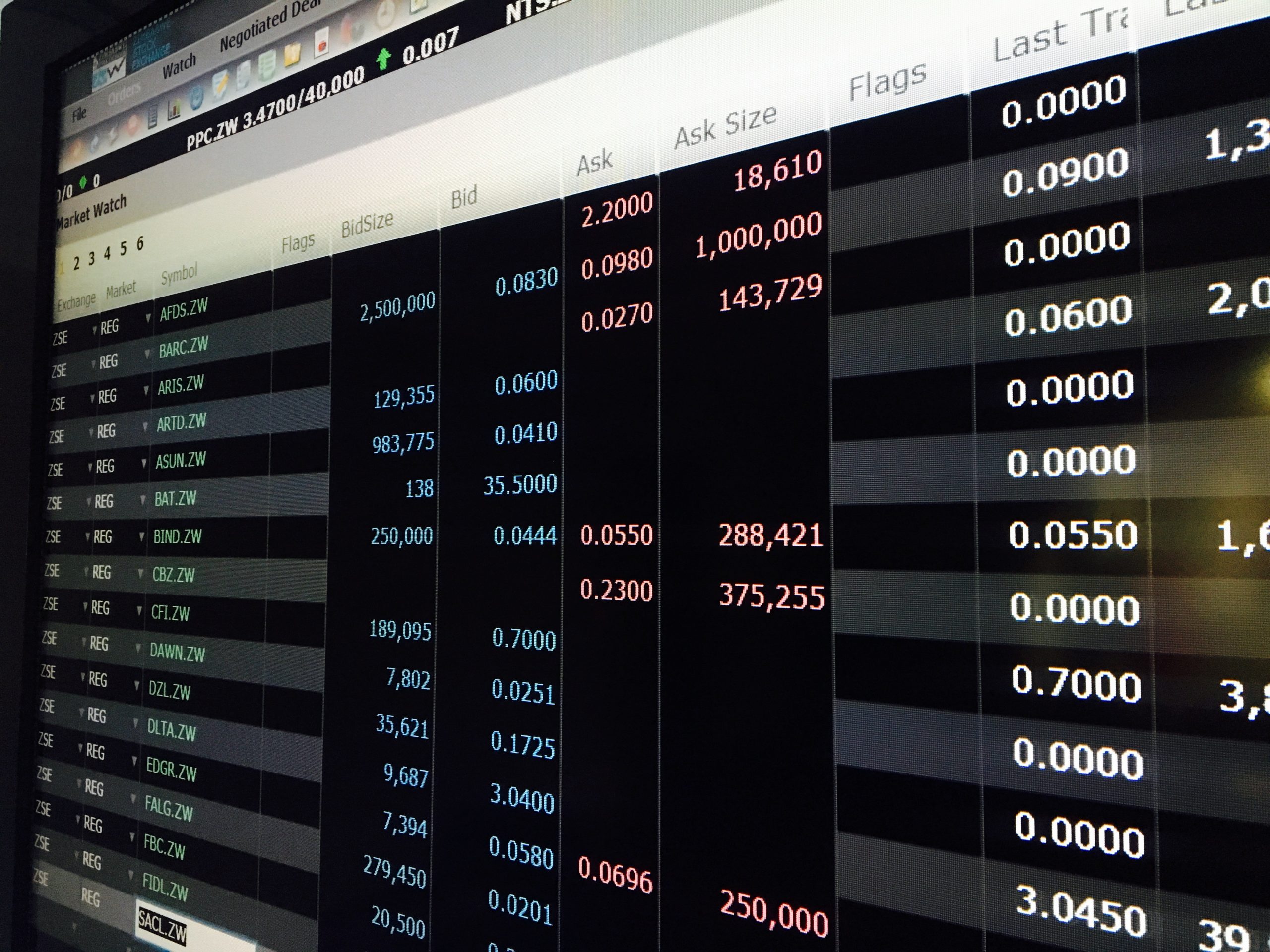By ETimes
HARARE – THE Zimbabwe Stock Exchange (ZSE) experienced an impressive surge in key indices and turnover figures in the third quarter of 2024 (Q3 2024), but beneath this growth lies a more nuanced and fragile narrative that raises concerns about the sustainability and broader economic impact of this performance.
The ZSE All Share Index rose by 89.22%, with the Top 10 Index climbing even higher by 91.25%, while the Consumer Discretionary Index shot up by an eye-catching 137.71%.
On the surface, these numbers paint a picture of a booming market, but much of this growth can be attributed to hyperinflationary pressures rather than true value creation.

source: zse
With inflation continuing to soar, the surge in stock prices may reflect more of a currency devaluation than real market expansion, casting doubt on the long-term stability of these gains.
A closer look at equities turnover reveals a concentration of trading activity in just a handful of companies, with the top five contributors, led by Delta Corporation and Econet, accounting for over 81% of total turnover.
This heavy concentration in a few firms not only skews the overall market performance but also indicates a lack of broad-based investor confidence. The overwhelming focus on these companies may signal that investors are clinging to a limited set of perceived safe bets in an otherwise volatile economic environment.
Another troubling sign comes from the foreign investor participation, which remained low at just 8.26% of total trades, with a net sells position of ZWG89.4 million. Foreign investors appear to be exiting the market, a stark contrast to the bullish sentiment portrayed by domestic figures. This exodus suggests a lack of confidence in the macroeconomic outlook of Zimbabwe, where persistent currency instability and policy uncertainty have long deterred foreign capital.
The rise in Exchange Traded Funds (ETFs), while promising, also shows a speculative trend. The ETF Index gained 54.16%, yet total traded value stood at a modest ZWG 978,230, indicating that while the sector is growing, it remains a small slice of the market with limited liquidity. Similarly, the Real Estate Investment Trusts (REITs) market posted gains in traded volumes but continues to suffer from thin participation, with a total value of only ZWG 69.43 million. Both these sectors highlight the ZSE’s struggle to attract meaningful long-term investments across diversified asset classes.
Market capitalisation, which ended at ZWG 74.49 billion, further underscores the disparity between headline numbers and real economic conditions. Inflationary growth in nominal terms inflates this figure, but without foreign investment or a broad base of local investment across sectors, the market remains vulnerable to macroeconomic shocks.
Our Thoughts
While the ZSE’s performance in Q3 2024 might seem like a success story on the surface, critical analysis reveals a market driven more by inflation and concentrated trading than by genuine investor confidence or sustainable growth. The low participation of foreign investors and the reliance on a few top companies suggest that the market’s buoyancy is built on shaky foundations, making it highly susceptible to external shocks and currency fluctuations. Without addressing these underlying issues, the ZSE’s strong numbers may prove to be unsustainable in the long run.



